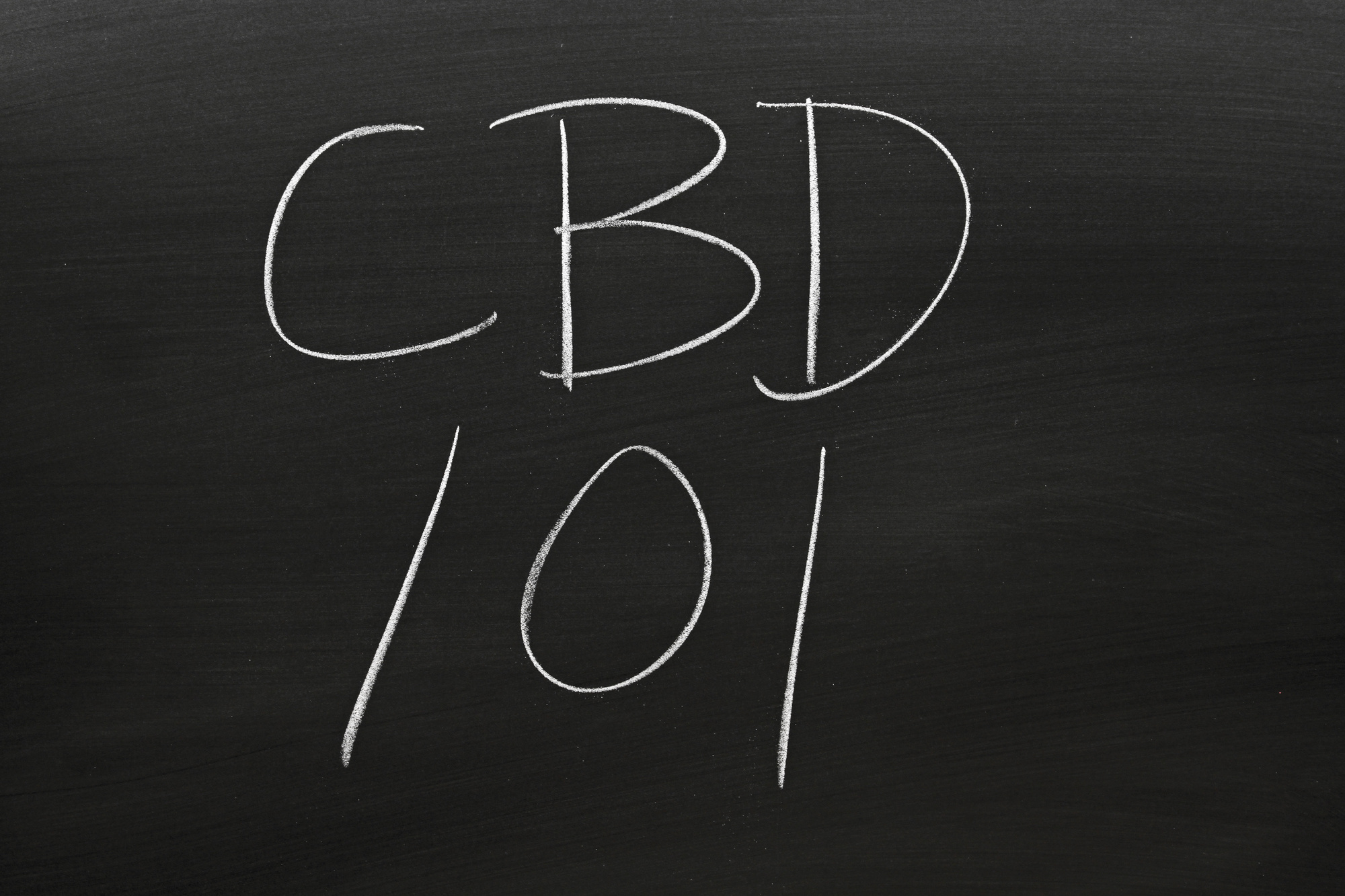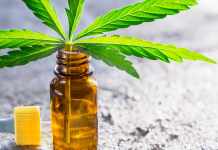As with any relatively new plant medicine, there is mixed feedback surrounding cannabidiol (CBD).
A simple online search will show you that some people promote it as a cure-all, while others advise against it until there are further clinical studies.
What are the facts? Most importantly, is it harmful? Can you take too much CBD?
Keep reading to find out the answers to common CBD questions.
Table of Contents
Can You Take Too Much CBD?
The facts are this: there are no reported deaths associated with CBD.
Therefore, there’s no risk of taking too much and experiencing a fatal overdose.
The World Health Organization (WHO) put out a report claiming that CBD has a good safety profile and doesn’t seem to have much of an abuse or dependence potential.
There are some other concerns to take note of, however.
There are some side effects that may appear with higher CBD doses. They aren’t severe, but include:
- Decreased appetite
- Diarrhea
- Dry mouth
- Euphoria
- Fatigue
- Red eyes
- Sleepiness
- Weight changes
At this point in time, research doesn’t conclude what dosage causes side effects. It’s likely that it varies person by person, considering we all have different endocannabinoid systems (ECS) and health histories.
On the note of health histories, be aware that CBD may have some drug interactions. It can increase the amount of coumadin (a blood thinner) in your system and may increase the potency of certain medications, similar to how grapefruit juice does.
So, it’s important to consult your doctor before taking CBD if you have a health history that includes taking any medications. Otherwise, current research indicates that CBD is safe and you can’t feasibly take too much.
How Much CBD Should I Take?
After knowing you really can’t take too much CBD, you may be wondering how much you should take.
This is an important thing to address, as not taking enough could result in symptoms not improving.
The recommended CBD dosage to start for most conditions is between 5 milligrams (mg) and 20 mg, depending on the severity of symptoms.
With CBD, since it depends entirely on your own unique system, it takes some experimentation to find your perfect dose.
Variations in dosage often depend on:
- Bodyweight and body mass index (BMI)
- Condition you’re wanting to treat
- The concentration of CBD in each dose
Following the typical recommendation gives you a starting point. It’s better to start on the lower end of the spectrum with, say, 5 mg, and slowly work your way up until you find what’s right for you.
Start off with a low dosage and use it for a few days. From there, you can increase by 5 mg at a time. Give each dosage a few days before increasing it to see if there are improved effects.
If you reach a point where the side effects (e.g. sleepiness) are more prevalent than relief from any health symptoms, scale back. You’ve probably passed your perfect dosage.
We recommend that you record your dosage every day as well as its effects. This will give you a reference log to check back on throughout the process to help you find the right amount.
How Do I Determine Dosage?
It’s easy enough to say “start with 5 milligrams”, but what does that really mean?
Determining dosage often requires some simple math, unless the product has the information already stated. Many products come in gummy, edible, or capsule form so the dosage will be easy to determine.
Otherwise, if you’re taking a CBD tincture or oil, you’ll likely have a product that states the amount of CBD in the whole bottle (e.g. 1,000 mg).
To do the math, you’ll need to know three things:
- The amount of total liquid in the product (in mL)
- The amount of total CBD in the product (in mg)
- The amount of liquid in a dropper (in mL)
For reference, one drop from a dropper is about 0.05 milliliters (mL). A full dropper is usually about 1 mL or 20 drops.
So, if your bottle is the average size of 30 mL, you would have 30 droppers full.
By the Dropper
To determine how much CBD is in each dropper, you’ll simply divide the amount of CBD in the product by the total amount of liquid in the product.
For example, 1,000 mg CBD divided by 30 mL full bottle is about 33 mg of CBD per full dropper.
By the Drop
To get the amount in each drop, we suggest using a free CBD calculator.
It’s easier this way and there’s no human error involved.
Otherwise, you’ll want to divide the amount of CBD in a full dropper by the number of drops in a full dropper. For example, you’d divide 33 mg of CBD by 20 drops, equalling about 1.65 mg per drop.
Then, divide the dosage of CBD you want to take by the dosage of CBD in each drop. If you’re wanting to take 5 mg, you’d divide that by 1.65 mg. The result is the number of drops you’ll take to get your dose.
You’d end up taking 3 drops to get 5 mg based on the numbers in this example.
It’s important to note that dropper sizes can be different, even though there is a standard size. You may want to invest in a marked dropper if the product you purchase doesn’t have one.
How Often Should I Take CBD?
It depends on your dosage and preference.
Start off taking it once a day and see how that works. You can take it at any time of the day.
Daily use is recommended, as CBD is thought to store in fat and other body cells. This means small amounts will accumulate over time and become more effective.
Read more here about using CBD daily.
Does Quality Matter?
With everything we’ve said until now, we’ve assumed that we’re talking about a high quality, pure CBD.
Research is based on pure CBD, so there’s no telling the various effects of low-quality products.
We do know that there have been several cases where CBD was mislabeled. These products included synthetic CBD and other ingredients, which led to harm for the consumer.
It’s murky waters in this regard, as there are very few FDA regulations on the market. That’s why independent research and questioning is essential.
To find out the quality of the CBD you want to buy, make sure the company is transparent. They should have third-party lab results showing what’s in their product.
If they don’t have this information on their website, ask for a Certificate of Analysis (COA). These lab results should show that there are less than 0.3% THC and other things in the product, such as pesticides.
It’s important to buy pure, plant-derived CBD for the claims of it being safe to be true.
Improve Your Health With Peace of Mind
Now that you know the answers to your questions, such as “can you take too much CBD”, you can work towards finding a natural solution to your health problems.
Keep reading our blog for more ways to find better health and wellbeing.



















